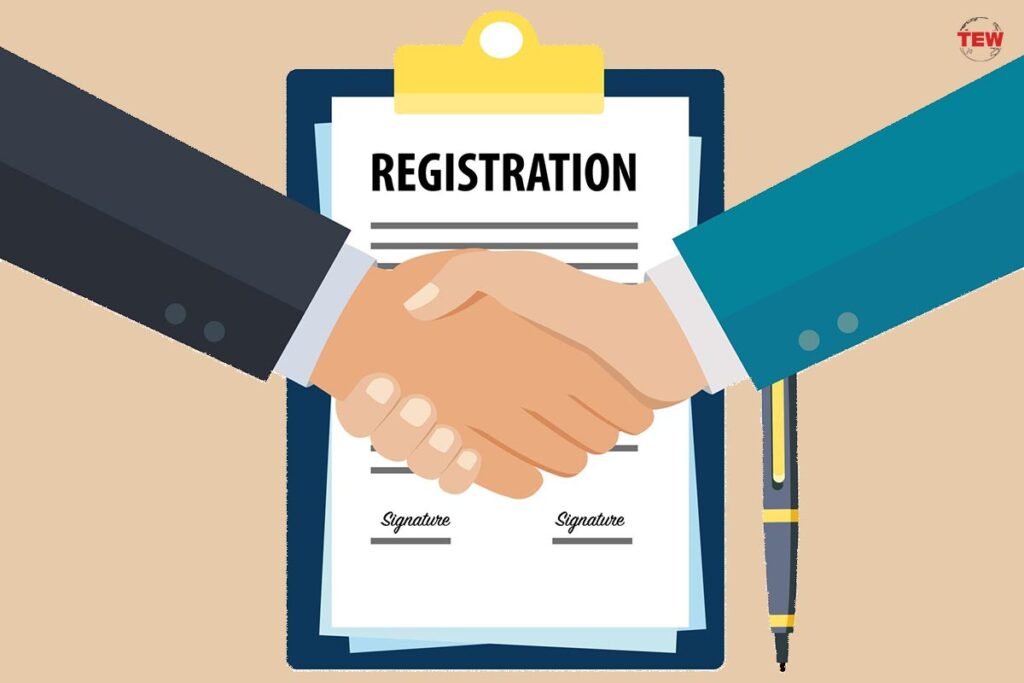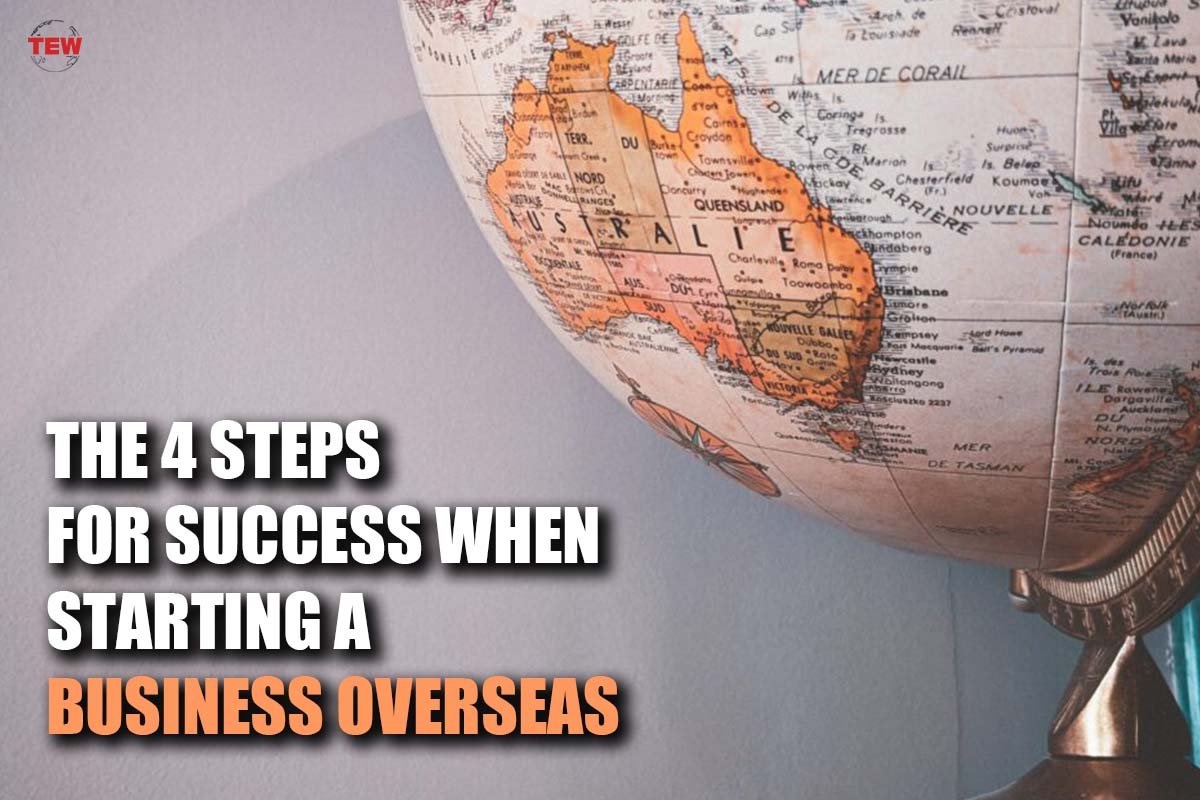Moving abroad can be a big challenge. Many people will move to another country for work opportunities and accept the challenge as part of that bargain. However, moving abroad and opening a Business Overseas becomes another level of complexity. There are language and cultural differences. Bureaucracy can be a burden and working out the best annual travel insurance plans can take time and effort.
Starting a Business Overseas in another country can open up many opportunities you might not have in your home country. For the adventurous spirit, the rewards far exceed the challenges and extra effort to start a business in another country. This article will cover what it takes to go from international business traveler to international business owner.
The 4 Steps for Success When Starting A Business Overseas ;
1 – Research and planning
Planning is essential when starting any type of business, regardless of where it is. The more you understand the factors your business needs to have, the better your chance of success.
The key is understanding where to start your research. This research will help you determine the viability of your business in the new location, develop a solid business plan, and ensure compliance with local laws and regulations.

Market research is the most important pillar of your research strategy. This is the phase when you will learn if there is enough demand for what you offer. Or, you could try to tailor what you do according to what your market research bears out. If you feel the market has a gap and your business could fill it, you can proceed to the next phase.
Next, research the legal and regulatory requirements for starting a Business Overseas in the new location. This may include obtaining permits and licenses, complying with tax laws, and establishing legal entities. Consult with local attorneys and experts to ensure local laws and regulations compliance.
Lastly, research what kind of a budget you need to get started and to operate after the launch. This should include all startup costs, such as rent, equipment, and supplies, as well as ongoing costs, such as salaries, rent, and marketing expenses.
2 – Register the business
After researching, you should understand if your business can succeed. Now, you’ll need to get the business formed to start operating. This can take on many different forms depending on what country you want to operate in and the kind of bureaucracy involved. It usually includes registering with the local chamber of commerce, obtaining a tax ID number, and registering for any required permits or licenses.

Hiring employees after registering your Business Overseas will also be complicated based on local rules and regulations. There will be a lot of laws that need to be followed for employee protection and paying employment taxes for things like social security and pensions. It’s best to learn the rules before you start recruiting employees.
Consider hiring local attorneys and consultants to help navigate the legal and regulatory landscape in the new location. They can help you understand local laws and regulations and ensure compliance.
3 – Setting up operations
After all of your papers have been stamped, you are ready to open up and start trading. Depending on the nature of your business, you may need to secure a physical location. This may include leasing office space, storefronts, or warehouse space. Consider location, accessibility, and cost when choosing a physical location.
Then you must focus on putting the right teams to work at your business. If you plan to hire local employees, consider working with local recruiting firms or staffing agencies to help you find qualified candidates. Provide clear job descriptions and competitive compensation packages to attract and retain top talent.
Lastly, you should establish relationships with local suppliers and vendors for your business’s necessary goods or services. This may include local manufacturers, distributors, and service providers such as accounting or legal firms.
4 – Funding
It is crucial to have enough capital to run your Business Overseas before it starts getting profitable. Since you may be far from any safety net in your home country, you should do your best to have enough cash to start and operate while you wait to make a profit.

Research financing options, including loans, grants, and investment opportunities. This may include local banks or venture capitalists specializing in supporting startups in the new location. Consider crowdfunding or other alternative funding sources in your new country or back home.
Conclusion
There are as many reasons to open a Business Overseas in another country as people are looking to do so. There are many benefits, such as opening new markets with less competition, lower operating costs, and a friendly business environment.
You have to realize that those benefits can sometimes be expensive. If you are prepared to meet the challenge, you are in a prime position to reap the rewards and thrive.





